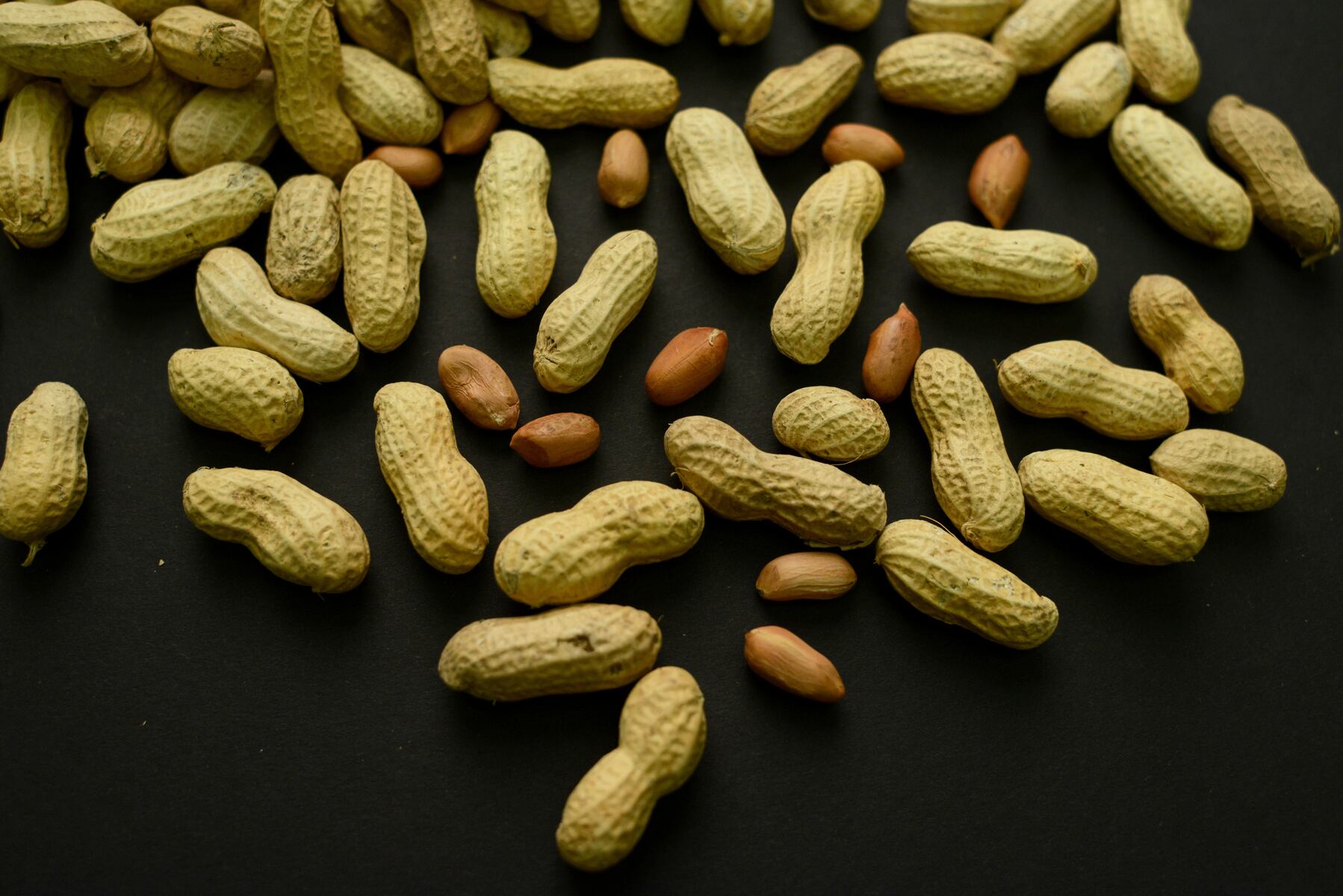Top Stories
Early Peanut Feeding Cuts Allergy Rates by Over 40% in Kids

UPDATE: New research reveals that introducing peanut products to infants is dramatically reducing the incidence of peanut allergies in the U.S. This groundbreaking shift follows recommendations from 2015 and 2017 urging parents to start feeding peanuts as early as 4 months old.
The latest findings confirm a staggering decline of over 27% in peanut allergies among children aged 0 to 3 since the guidelines were implemented. More impressively, the rate plummeted by more than 40% after the expanded recommendations were rolled out. Dr. David Hill, an allergist at Children’s Hospital of Philadelphia, stated, “I can actually come to you today and say there are less kids with food allergy today than there would have been if we hadn’t implemented this public health effort.”
According to the study published in the medical journal Pediatrics, approximately 60,000 children have avoided food allergies since 2015, including 40,000 who would have developed peanut allergies. This is critical news for parents and caregivers, as peanut allergies can trigger severe reactions, including anaphylaxis.
For decades, medical advice suggested delaying the introduction of potential allergens until children were 3 years old. However, a landmark trial by Dr. Gideon Lack at King’s College London known as the LEAP study, published in 2015, changed everything, showing an 80% reduction in the risk of developing peanut allergies when introduced early. Follow-up studies indicated that this protective effect lasted into adolescence for about 70% of children.
Despite these compelling findings, the adoption of early peanut introduction has been slow. Surveys indicate that only 29% of pediatricians and 65% of allergists are fully implementing the guidelines issued in 2017. Dr. Ruchi Gupta, a child allergy expert at Northwestern University, emphasized that confusion about the introduction methods contributed to the lag.
The study analyzed electronic health records from various pediatric practices, providing promising evidence that early allergen introduction is having a measurable impact on allergy rates. “This research reinforces what we already know and underscores a meaningful opportunity to reduce the incidence and prevalence of peanut allergy nationwide,” said Sung Poblete, CEO of Food Allergy Research & Education (FARE).
The current guidelines recommend introducing peanuts and other major allergens between four and six months without prior screening. Parents are advised to consult pediatricians and start with small amounts of peanut butter, yogurt, and other allergenic foods.
Tiffany Leon, a registered dietitian from Maryland, shared her experience introducing allergens to her young sons, despite initial hesitation from her mother. “As a dietician, I practice evidence-based recommendations,” she explained. “So when someone told me, ‘This is how it’s done now, these are the new guidelines,’ I just thought, OK, well, this is what we’re going to do.”
With around 8% of children affected by food allergies, including more than 2% with peanut allergies, the implications of this research are profound. It signals a potential transformation in public health strategies that could protect future generations from these life-threatening conditions.
As this story continues to develop, parents and health professionals are urged to stay informed about the latest guidelines and practices in allergen introduction. This is a pivotal moment in the fight against food allergies, and the urgency to adopt these new recommendations has never been greater.
-

 Science2 months ago
Science2 months agoInventor Achieves Breakthrough with 2 Billion FPS Laser Video
-

 Health2 months ago
Health2 months agoCommunity Unites for 7th Annual Into the Light Walk for Mental Health
-

 Top Stories2 months ago
Top Stories2 months agoCharlie Sheen’s New Romance: ‘Glowing’ with Younger Partner
-

 Entertainment2 months ago
Entertainment2 months agoDua Lipa Aces GCSE Spanish, Sparks Super Bowl Buzz with Fans
-

 Health2 months ago
Health2 months agoCurium Group, PeptiDream, and PDRadiopharma Launch Key Cancer Trial
-

 World2 months ago
World2 months agoIsrael Reopens Rafah Crossing After Hostage Remains Returned
-

 Top Stories2 months ago
Top Stories2 months agoFormer Mozilla CMO Launches AI-Driven Cannabis Cocktail Brand Fast
-

 Entertainment2 months ago
Entertainment2 months agoMother Fights to Reunite with Children After Kidnapping in New Drama
-

 World2 months ago
World2 months agoR&B Icon D’Angelo Dies at 51, Leaving Lasting Legacy
-

 Business2 months ago
Business2 months agoTyler Technologies Set to Reveal Q3 Earnings on October 22
-

 Health2 months ago
Health2 months agoNorth Carolina’s Biotech Boom: Billions in New Investments
-

 Health2 months ago
Health2 months agoYouTube Launches New Mental Health Tools for Teen Users








